How do people come to live as they ought to live? This book addresses this enduring question through the lens of cultivation—at work in the moral horizons of modern development, in the personal life of desires, deeds, and habits, and in the making of living environments for both moral and natural growth. Pandian argues that the work of cultivation in all these senses has been central to the modern fate of the Piramalai Kallar caste of south India, condemned and policed for decades as a ‘criminal tribe’.
Focusing on both their colonial subjection and contemporary condition, Pandian shows how colonial agricultural strategies of Kallar reform built upon longstanding imaginations of the agrarian cultivator as a morally cultivated being in Tamil literary, moral, and religious tradition. Tracking these intertwined historical legacies through the fields and hearths of everyday rural experience, this vivid and engaging narrative highlights not only the moral potential of ordinary existence, but also the role of power, chance, and accident in the making of ethical lives.
This book will be of interest to students and scholars of anthropology, subaltern studies, sociology, geography, history, and cultural studies.

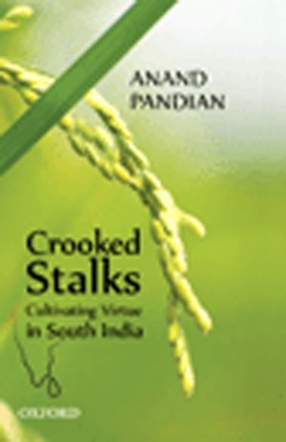
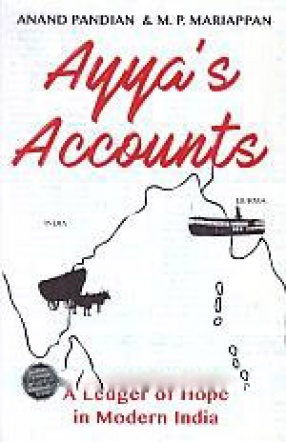
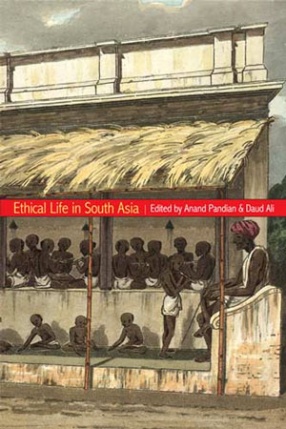
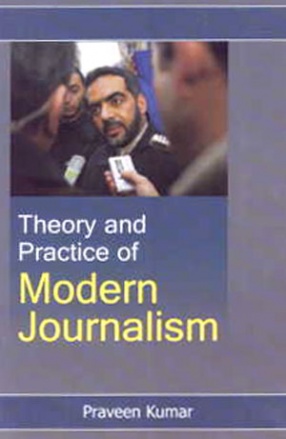
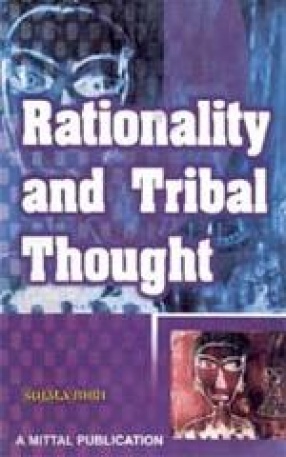

There are no reviews yet.